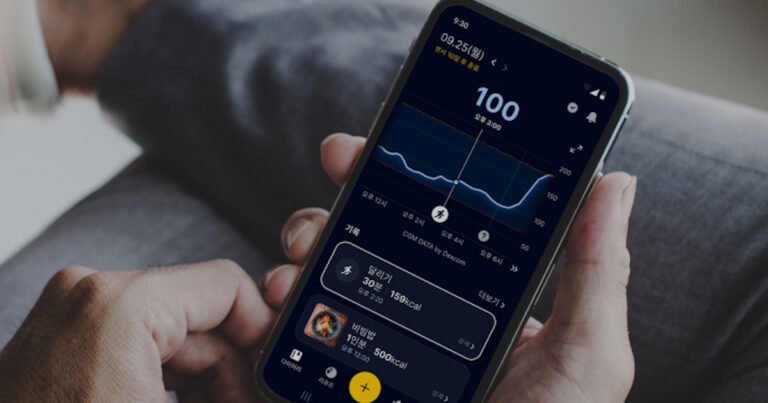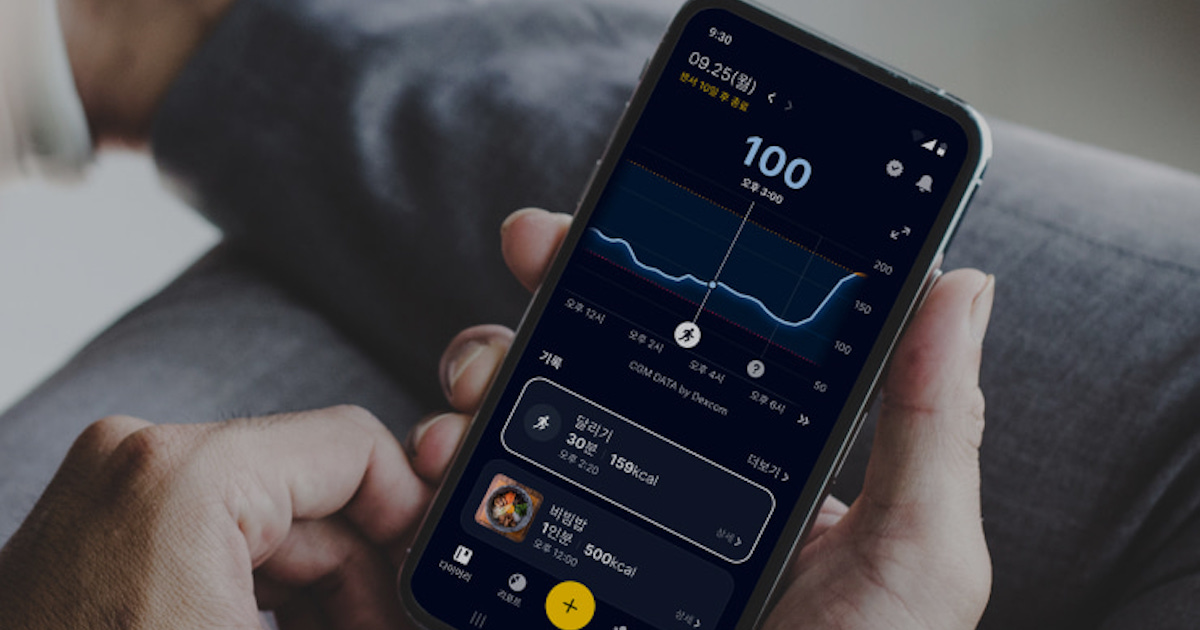
[ad_1]

Kakao Healthcare has unveiled its newest AI-driven cell diabetes administration app.
Referred to as PASTA (Personalised, Accessible, Supportive, Tech-enabled, and Inexpensive), the app presently hyperlinks to 2 CGM gadgets: CareSens Air by native producer i-SENS and Dexcom’s G7. The app can even pair with the Mallya smart cap for insulin pens by the second quarter.
As soon as the CGM gadget is linked, the app mechanically shows particulars in regards to the person’s blood sugar in real-time by way of Bluetooth. It additionally permits customers to file their meals, train, insulin doses, and medicine. The app options imaginative and prescient AI that mechanically supplies details about vitamin, energy, and meals forms of their meals.
One other function is a useful abstract report of the person’s blood sugar studying with indicators mentioning which of them are good and dangerous. These summaries are additionally made obtainable for sharing with the person’s household. It may possibly additionally present a information to managing blood sugar ranges and creating wholesome life-style habits.
Now obtainable on each Android and iOS gadgets, the PASTA app was named as such, likening the various methods to handle diabetes to the number of pasta.
In the meantime, Kakao Healthcare developed Pasta Join Professional, a dashboard for medical doctors the place they’ll examine their sufferers’ blood sugar tendencies and life-style modifications in close to actual time. It’s deliberate to be linked with hospital EMRs to offer comfort of knowledge input to employees and sufferers.
In a press release, Kakao Healthcare disclosed its plans to broaden its newest digital diabetes administration app and repair internationally, beginning in Japan this yr.
Seegene, a supplier of PCR-based (polymerase chain response) diagnostic options from South Korea, has onboarded Microsoft as a tech companion to its SG OneSystem, which collaborates with scientists and specialists globally to develop syndromic quantitative PCR diagnostic exams.
A bunch of Microsoft companies shall be integrated into Seegene’s Digitalised Improvement System (SGDSS) which powers the SG OneSystem.
For one, it should combine Microsoft Azure companies, together with the Azure OpenAI Service, to help knowledge interplay and evaluation for researchers coping with huge knowledge. The AI-driven analytics platform Microsoft Material shall be deployed to amalgamate Seegene’s knowledge and introduce such capabilities as knowledge integration, knowledge engineering, knowledge science, knowledge monitoring, real-time analytics, and enterprise intelligence. Microsoft 365 Copilot can even combine AI-driven help to “speed up productiveness, foster innovation and improve creativity,” based on a press launch.
Moreover, Seegene mentioned it should work with Microsoft on next-generation administration and analytics for PCR knowledge and discover future ventures inside healthcare.
Singaporean medtech Aevice Well being and its London-based companion Jiva.ai shall be collaborating to develop an AI that may predict bronchial asthma exacerbations.
Funded by Innovate UK and Enterprise Singapore, the collaborative venture goals to harness well being knowledge collected by the AeviceMD wearable stethoscope to create an AI-driven early warning system for asthmatic sufferers.
Yonsei College Well being System has rolled out throughout its scientific practices an AI diagnostic answer for assessing dangers of heart problems (CVD).
Developed by South Korean startup Mediwhale, Reti-CVD makes use of retina scans to detect CVD dangers.
Researchers from South Korea have developed an AI mannequin that may doubtlessly predict the probability of sepsis.
In a examine, whose findings have been revealed within the Mild: Science & Functions journal by Nature Portfolio, they ran 3D photos of the CD8 T cells, a possible biomarker of sepsis, into their AI mannequin and have been in contrast in opposition to photos of wholesome cells in a managed group.
The AI was later discovered to foretell the probability of sepsis from analysing CD8 T cell photos with as much as 99% accuracy.
The analysis staff was comprised of teachers and medical doctors from Yonsei College Faculty of Medication, Severance Hospital, and biotech firm Tomocube.
[ad_2]